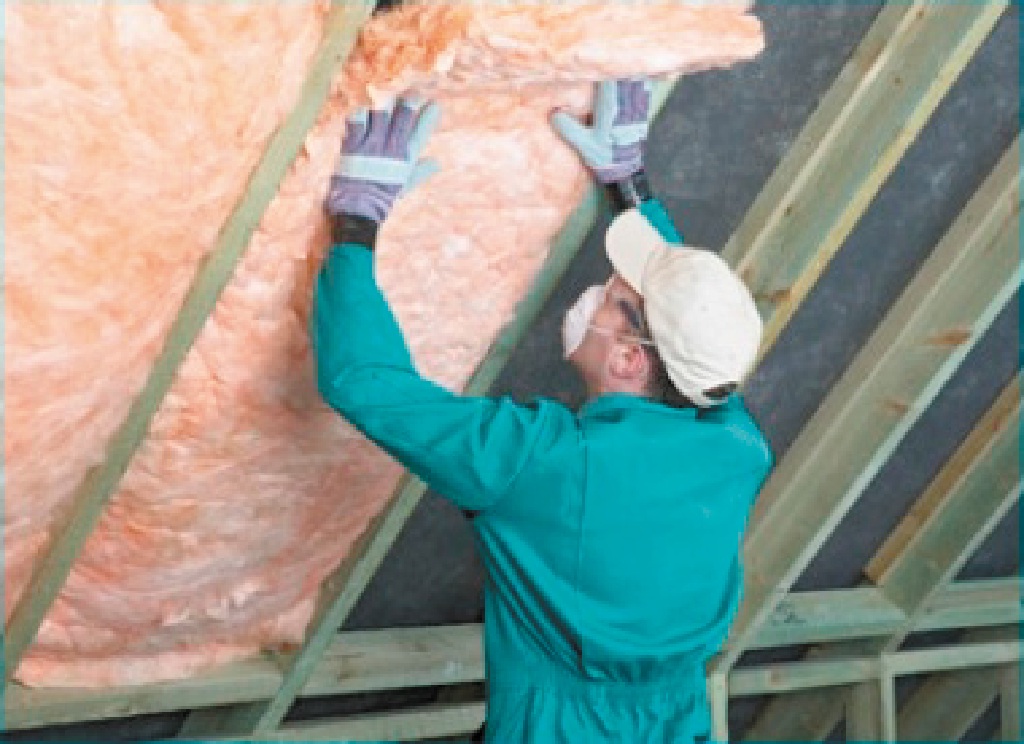Household Bills
‘Leaky’ homes face £390 energy surcharge

Heating bills in the UK’s least energy efficient homes will be up to £390 a year higher than the most insulated homes from April, according to the Resolution Foundation.
A report by the think tank has laid bare what it says is the UK’s “longstanding failure to better insulate its housing stock”.
The report titled Shrinking Footprints, is a collaboration with the LSE, funded by Nuffield Foundation.
An energy performance certificate (EPC) gives a property an energy efficiency rating from A to G, with A the most efficient. An EPC is needed when a home is built, sold, or rented out.
The report found that people living in the UK’s 4.2 million E-rated homes will face bills that are £320 a year higher than those in C-rated homes, when the energy price cap goes up in April. Households living in the 1.5 million F and G-rated homes will face a surcharge of £390. The total cost across all D to G-rated homes will be £3.9bn.
Poorly insulated homes have always cost more to heat, but the scale of this ‘leaky homes surcharge’ will surge when the energy cap rises in April.
The Shrinking Footprints report found that the government’s strategy of requiring new builds to have heat pumps from 2025 should boost take-up and drive down costs.
A heat pump transfers heat from the outside air to water, which heats your rooms via radiators or underfloor heating. It can also heat water stored in a hot water cylinder for your hot taps, showers and baths.
But the Resolution Foundation warned that heat pumps are less effective in poorly insulated homes. But despite this urgency, the number of roofs and walls being insulated today is down 90% on a decade ago.
So far, the government has a plan to better insulate private rented accommodation by requiring properties let to tenants to attain a C-rating by 2028. But no such plan exists to cover the two-thirds of households who own their homes.
The report says this is a particular challenge for low-income homeowners, 72% of whom will need their homes improved, and where the potential cost of insulation upgrades (£8,600) are just £500 less than their annual after housing costs incomes (£9,100).
Jonny Marshall, senior economist at the Resolution Foundation, said: “Until now, Britain’s net zero transition has largely been hidden from households. This will change in the 2020s as our carbon footprints are reduced via the homes we live in, the cars we drive, and the food we eat.
“Much of the focus has been on take-up of low-carbon technologies like electric vehicles and heat pumps. But the key to their success will ultimately depend on delivering the infrastructure around them – such as better insulating Britain’s housing stock.
“This long-term insulation challenge will be brought home to households very soon when energy bills rise by 50% in April. Almost six million households will face a £320 ‘leaky homes surcharge’ on their energy usage as a result.
“It is vital that the government ramp up progress in insulating homes and reducing the costs of public charging points for electric vehicles so that the whole of society can benefit financially from a low carbon economy.”